Shang Yang's Reforms & the Foundation of the Qin Kingdom: 商鞅变法「秦」
Shang Yang's personality and philosophical outlook are difficult to determine with certainty, as few firsthand accounts of his life have survived. However, some information about his personality and views can be gleaned from the accounts of his contemporaries and later writers. According to historical accounts, Shang Yang was a pragmatic and results-oriented thinker who focused on achieving practical goals rather than adhering to abstract principles. His inspirations included the great Spring and Autumn philosopher Guan Zhong (who shepherded Qi and Duke Huan's rise to become the 1st Hegemon) and Li Kui of Wei.
He believed that the best way to govern a state was through the use of strict laws and harsh punishments, which would deter people from committing crimes and ensure social order. Despite this authoritarian streak, he was also sharply revolutionary. He was not afraid to challenge conventional wisdom or take bold action to achieve his goals. For example, he defied the traditional aristocratic elite by promoting a meritocratic system of military ranks, which rewarded soldiers based on their abilities rather than their social status. Furthermore, he believed in 一民 or equality before the law. Whereby even nobles receive the same punishment for the same crimes.
This is an excerpt from a longer chapter specifically focused on how Shang Yang's reforms aided Qin to recover from its stagnation and went on be irrevocably placed on the path to unify China. When Shang Yang appeared before Duke Xiao, the Duke was intrigued by him, and asked for his advice on how to restore Qin to its greatness. Not knowing if his ideas would be welcomed nor if the intention of his potential host is sincere, Shang Yang hid behind conventional mainstream philosophical ideas. During their first 2 meetings Shang Yang suggested some tenants from idealism born from Confucianism and feudal chivalry. But all of these philosophies did not interest Xiao in their first 2 meetings.
Legalism: its Radicality, its Cruelty
For most of the next 20 years, Shang Yang would attempt to drastically reform the Qin state for more efficient agriculture and war「农战」. It should be stated that Shang Yang was passionately opposed by detractors ever since first setting foot inside Qin in his first year. After charming Duke Xiao Shang was fiercely opposed by many if not most of Xiao's ministers and Qin's conservative nobles, but despite endless obstructions and conspiracies against him, Shang maintained the good graces of his patron and persevered with realizing his reforms. The specific episodes where his controversial reforms broke out in heated arguments or violence will be noted in selected sections below.
Modern voices often deride Legalism as a system of control for the pure sake of regulating behaviors. But while the system was indeed designed to rein in individuals and restrict their habits (after all that's literally the nature of laws, to outline red lines, prohibit excess, and proscribe punishments) it has many aspects that are also starkly modern and revolutionary, namely, equality before the law, that same for a crime same punishment would be applied to elites, even crown princes, and this was an ideal that Shang Yang strived for in the 350 BCs 2300 years ago.
Notably, Legalist's attacks against the nobility also paved the way for mass abolition of slavery in Qin and realm wide abolishment of slavery when Qin reunified China. It should be pointed out that the 2 very concept of equality before the law~ and mass abolition of slaves were 2 aspects that even Enlightenment thinkers like Voltaire and Lincoln fought their entire lives against in only recent centuries. What is revolution but forced change? And what a vantage Shang Yang had raced to so early on even before those recent men?
Land Reform 垦草令
Shang Yang is credited with implementing a significant land reform policy in Qin. Under this policy, land was redistributed to individuals based on their ability to cultivate it, rather than their social status. To realize this, he broke up merchant farmers that hoarded unused strips of lands and lowered social barriers from owning and farming lands. This policy had a major impact on the economic development of Qin, and helped to create a more prosperous society with a secured food sector. Shang Yang encourage people who are productive in farming and those who produce a lot of grain and can be exempted from corvee. Meanwhile, those who repeatedly fail to meet quotas could be severely punished and even demoted into slaves.
The old "Well-field system" ~ named after the checkerboard shape which resembles the Chinese letter for "well" 井. An ancient system, with many Zhou polymaths and historians attributing it to the earlier Shang and Xia dynasties. But likely created at the start of the Zhou dynasty. In this system a square area of land was divided into nine identically sized sections; the eight outer sections (私田; sītián) were privately cultivated by farmers class. While all lands were lordly- or government owned, only the center "public" part which was farmed by all 8 families go to the lord as tribute.
Immediately after coming to Qin in 359 BC Shang Yang began with an aggressive series of land reforms. In order to stimulate the development of agriculture, Shang Yang made a policy to increase the number of individual private farmers so that people from all walks of life across the country could engage in agriculture; prohibited farmers from buying grain and forced them to concentrate on farming; Shang Yang then embarked on a large anti-corruption campaign that clean up the administration of officials, ensure that officials are honest and that government orders and measures are consistent and do not delay official duties. Shang Yang then Implement a unified tax system, the land rent is uniformly collected according to the amount of farmers' income and grain in land tax with increase taxes on nobles and merchants.
EARLY MILITARY REFORMS- QIN REGAINS FOOTING
An armored Qin crossbowman. One of Shang Yang's major military reforms is to forge a vast military industrial complex for the resuscitating Qin war machine. To augment the fighting power of even the lowest of Qin soldiers, Shang Yang began to adopt crossbowmen en mass. Qin crossbow men would be instrumental in the full following century of nearly ceaseless Qin expansion. By the late Warring State's era both Qin and Chu had vast legions of armored crossbowmen.
During Shang Yang's early tenure, Qin was able to remain strong in some battles. In 358 BC, Qin crushed the army of Han to the east and secure a foothold into the entrance in the Central Plains. With this stepping stone, Han's southern neighbor of Chu and Han's northern neighbor of Wei soon secured treaties with Qin. After this period and more of Shang Yang's military reforms, Qin would greatly intensify its meddling in the other Central Plain state's politics.
Equality Before the Law 一民法
Shang Yang then implemented Standardization of Laws and Punishments: Shang Yang introduced a set of standardized laws and punishments that applied equally to all citizens, regardless of their social status. Included within his initial package of his agricultural reforms, Shang Yang began to increase the taxation of nobles. Now, even nobles may farm or be ordered to farm. These new laws stipulated that children of nobles must serve corvee except the eldest son, and increase the conditions for their exemption from corvee; Shang then prohibit nobles and officials from hiring servants and amassing slaves and forced the children of the nobles to work by themselves.
Rule the country by law. Law precedes credit and authority; the main thrust of many of Shang Yang's laws focused on agriculture and war. There is no hierarchy of punishment: the nobles, civilians, and slaves are included in the legal norms, and they are required to abide by the same law.
This was a significant departure from the previous system, which favored the aristocracy and allowed them to escape punishment for crimes (such as monetary reparations or even using their privilege's to skip certain punishment altogether.) The new system of laws and punishments helped to create a more just and orderly society. Furthermore, it made all nobles punishable by the King. These laws laid the foundation for Qin to transform from a land of haughty warrior aristocrats and into the empire that it will become (and the shape China will take for the next some 2000 years.)
A map of relations and "9 Relations" the Jiuzu Wufu 九族 五服- or "Nine clans and Five Dresses" map details how an individual fits within his or her community. At the center of the map is Ziji 自己, or the self- the individual, but he is not an island. With each individual comes those of his parents- the people who had put him in this world. Extending form the parents we see the extension of the relations and obligations to the clan of the individual's parents as well. The highest level of respect and obedience is accorded to the parents- especially the father, and from there, to one's kins siblings, then extending out, to uncles and cousins successively according to closeness to the blood of the parent and seniority. Finally it extends out beyond the blood clan and at the furthest reaches to those of in-laws and their families.
After his first round of agricultural reforms were met with success (despite fierce resistance by both nobles and many commoners) in 356 BC, Shang Yang then began to crank up his attempt to strip the Qin aristocrats of their hereditary power and power blocs. His already covertly inserted in several mandates in the prior agricultural reform to tally the nobility's power and wealth. Though household registration 户籍 nationwide, Shang Yang now could systematically gauge the power of different noble clans and their satellites.
Draconian Collectivism 什伍连坐法
Now began the most hated aspects of Shang Yang's reforms, both aimed at fostering social obedience and drastically improving the Qin military. With the registration system in hand, Shang Yang began to implement a set of laws that organized several families (and later~ like wise in the military) into 1 unit. Residents would supervise and report each other, if one family breaks the law, the unit would be punished together.
The measure, though Draconian, was not Shang Yang's invention. As early as the Spring and Autumn Period, centuries ago Qi had already implemented the 什伍 Shiwu system, which either divided ten families or five families as a unit. The Shizhang and the Wuzhang were responsible for the security of the village, requiring that anyone who appeared suspicious be reported. Later on this was adopted in Wei during Li Kui's reforms 1 generation prior, and having grew up in this system, Shang Yang exported it to Qin.
What's more, for grievous treasons against the state, those who failed to report it would be cut in half. While those who did report on the traitor would be greatly rewarded as if they had slain an enemy in battle (that is, rewarded with promotion of 1 noble station) after the beheading of the traitor, would be given the confiscated house and lands of the executed offender. Shang Yang also stipulated that those who travel far and those who travel in hotels must have a certificate issued by the government, and hotels cannot accommodate passengers without certificates, otherwise the owner will be guilty of the same crime as the offender. In all, these collective law brought great suffering to the people and were deeply unpopular. After Qin's unification of China these set of laws were one of the primary reasons that the rest of the states revolted against the Qin.
Abolishment of Feudal Ranks & Lands 废除分封制: 推行县制
Shang Yang grant titles and fields according to military merits, and abolish the privileges of old nobles without military merits.
As we have previously established, this set of punishments did not leave out the Qin aristocracy. Shang Yang abolished the old feudal land grants and stripped the Qin hereditary aristocracy of their titles and privileges. Now all hereditary fiefs are turned into counties and commanderies to be governed by appointed administrators who are hired and fired through proven merit and at the King's leisure. Now, titles and privileges are entirely contingent upon meritorious military service to the state. Shang Yang's new law stipulates that those who have no military merits in the clan and noble relatives shall not be recognized as nobles and would not be able to enjoy the privileges of the nobility, even if you are rich, you are no longer nobles.
The Old Aristocracy. Hereditarily entrenched and will succumb to entropy. Since the establishment of the feudal system at the inauguration of the Zhou dynasty, most of the power of the realm lay in the patchwork of Zhou's lords. A critical weakness of this system is that after the bonds of personal loyalty inevitably dissolve between the liege and their vassals over many generations, eventually those vassals~ who essentially governed hereditary autonomous enclaves: nothing would prevent them from amass private power and displacing their rulers. Additionally, family (in this case clan) interests often comes first.
NEW QIN AWAKENS: DAWN OF THE EMPIRE
Music: The Grand Ceremony of Qin
Reconstructed Qin Terracotta general, painted according to the paint residue left behind on the figurines. Tassels act as rank insignia and signify the ranks of the officers.
In this new system all Qin bureaucrats must be tested, all Qin generals must have proven merits, and even the Qin princes must have proven stripes in national service to be eligible for a strip of land to govern and enter the pool of candidacy as future Qin rulers.
Conversely, having military merits (promoted through achievements in battle) will be greatly rewarded. Titles are awarded according to military merits, and officials must be selected from among those with titles. The military merit system gradually developed into a system of 20 ranks of titles 二十等爵制: the first level is public servant , while the upper most being the Ranged Marquis 列侯. Feuding wars between noble houses (which was common across the spectrum in the Zhou realm) became severely prohibited. Clans that initiate such wars within the realm will be punished according to the severity of their circumstances. Worst offenders may end up having the entire clan exterminated. This was by no means unique to Qin or in this period (Chu did the same for the noble Chu clans that slew Wu Qi and maimed the late King's corpse.)
HATED RESISTANCE
Shang Yang's radical reforms made him many enemies across Qin- especially the Qin aristocratic noble families who saw him as a vile threat to their power. They constantly lobbied against him and tried to have him stripped of his power. In 355 BC when it became clear that despite all their petitions Duke Xiao was still enamored with the direction of Shang Yang's reform, the nobles tried to outmaneuver him by having the crown prince Si deliberately break Shang Yang's clearly stated rules and commit a crime.
When Shang Yang maimed then executed Prince Si's mentor it was a national outrage, because Qin society was still very disposed to the Confucian morals that was prevalent throughout the realm. However, this demonstration also had the effect to show the public that no one is above the law and even the highest of the highs will be punished cruelly to the fullest extent.
With this direct affront, Shang Yang was put at a quandary. He knew that his enemies had picked the one person that he cannot harm, yet, knowing who had put the prince against him, Shang Yang instead brutally punished Prince Si's tutors. Duke Xiao approved of the shocking punishment and the crown prince's tutors, Prince Qian (公子虔), Duke Xiao's older brother, and Gongsun Gu (公孫賈), for neglecting their duties in educating the crown prince, with Prince Qian having his nose cut off and Gongsun receiving the punishment of qing (黥; a form of punishment which involved branding a criminal by tattooing his face), while Prince Si was banished from the royal palace. When the royal uncle Prince Qian later again purposely violated the new law Shang had Prince Qian executed.
Militarization of Society 强兵
Shang Yang's final set of laws were entirely directed as strengthening the state. After the dreadful punishment of the crown prince's tutors, the rest of the Qin state became obedient to his rule and for 10 years no major incident occurred to challenge Shang Yang's power. During this decade, the disenfranchisement of noble titles now extended to their landed properties, and it was during these years that Shang Yang seized their properties and reassigned them to ambitious farmers and ambitious soldiers who excelled. On a broader level, the stripped fiefs were divided into counties and commanderies, and they were to be governed by appointed (and tested) officials made and unmade at the Duke's leisure. Large families are broken into smaller units where by sons are all encouraged to move out and farm their own atomized plots. Furthermore, Shang Yang's collective policies were adopted in the Qin military.
%20X.jpg)
Now, all Qin military officers are promoted according to performance, from lower level officers to great generals, all the way to Qin princes. If they failed to fulfil their duties, they would be stripped of their current rank, if they lead their respective army into great calamity, they would be executed or severely punished and have their lands and titles stripped. Furthermore, 5 Qin soldiers are organized into 1 small unit, punishments for transgressions are meted out to his all of his unit. Deserters are collectively punished. If one deserted without being stopped by his comrades, the whole unit will be executed. But if he is caught and slain, his capturer will be rewarded.
Various Qin armor made at the time of Qin Shihunag and the reunification of China under Qin. Rank insignia tassels sewn on the chest plates denote an officer's rank. Shang Yang established clear laws that rewarded great smithies and armorers and expanded their operations. In his last several set of his reforms Shang Yang standardized units and measurements for massed production.
Left: Qin Terracotta Warrior still showing remaining flecks of its original of its purple uniform coloring. Traces of his cyan colored sleeves also could be seen. Right, rows of Terracotta infantry, their backs were also heavily armored.
Qin officer and Qin heavy armor at the time of Qin Shihuang. During the last days of the Waring States many dedicated heavy troops are heavily armored, and worn helmets made of square lamellar sewn together in overlapped descending layers.
For context, it was with similar laws for his soldiers that Genghis Khan was able to have a fanatically obedient war machine. In Qin's case, if a soldier brings back 1 severed head of an enemy, he would be promoted up the ranks, and his family's plot of land expanded. If several, then he could even skip ranks into new heights. To demonstrate the efficiency of this new army, Shang Yang would launch it in decisive battle.
Thank you to my Patrons who has contributed $10 and above: You made this happen!
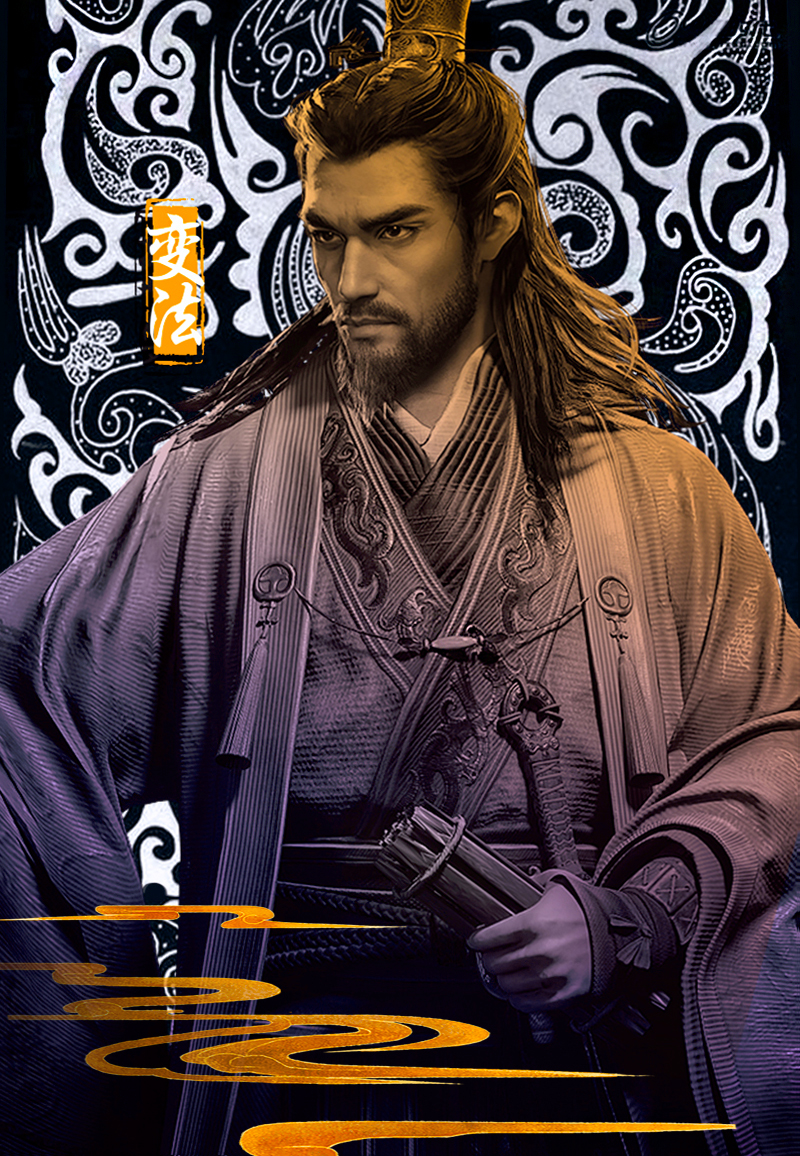






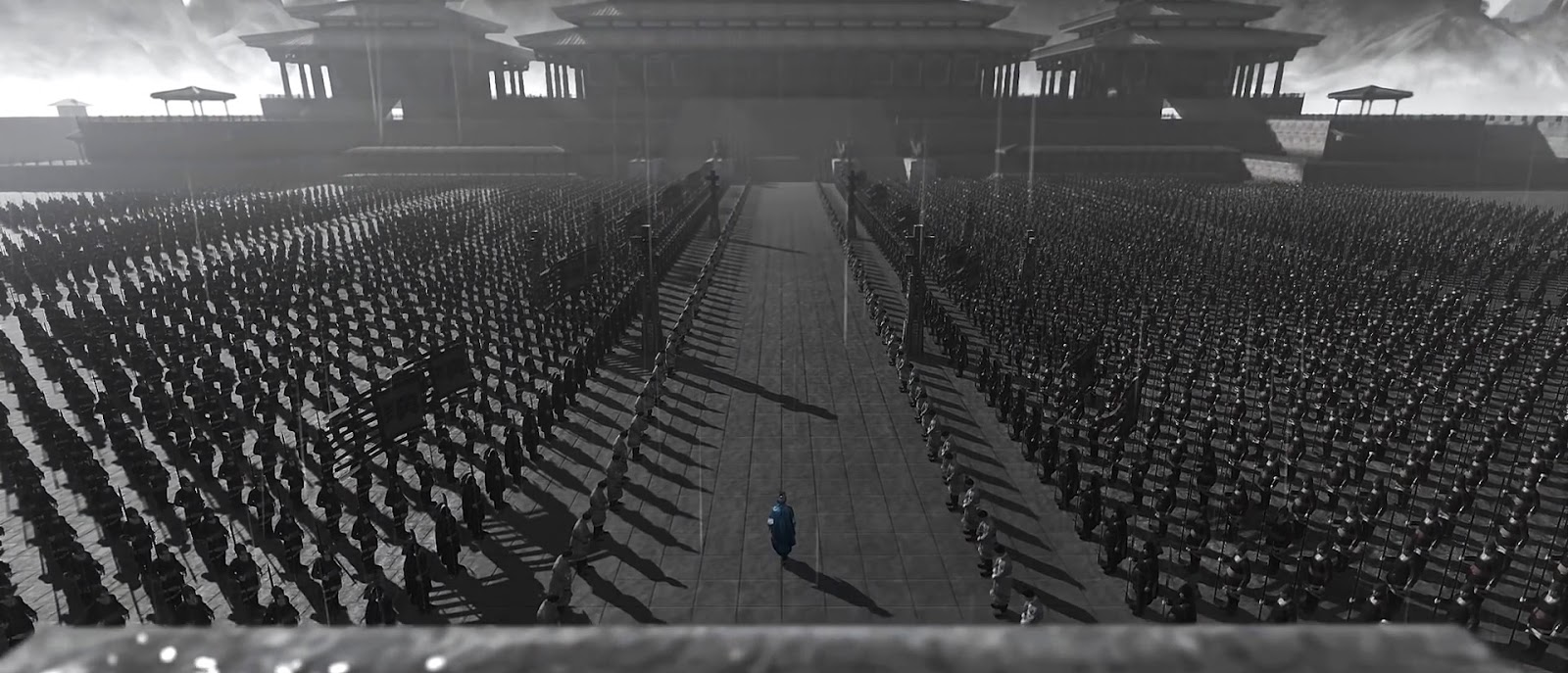
%20(2).jpg)




%20(1)-.jpg)

.jpg)
.jpg)
.jpg)
.jpg)
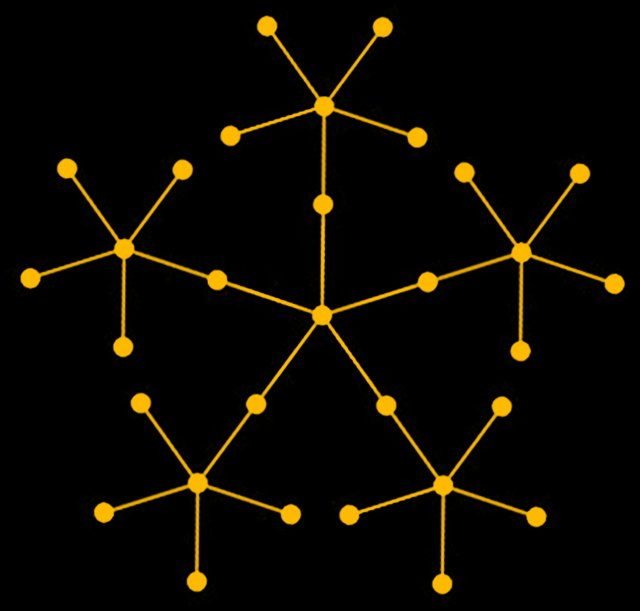
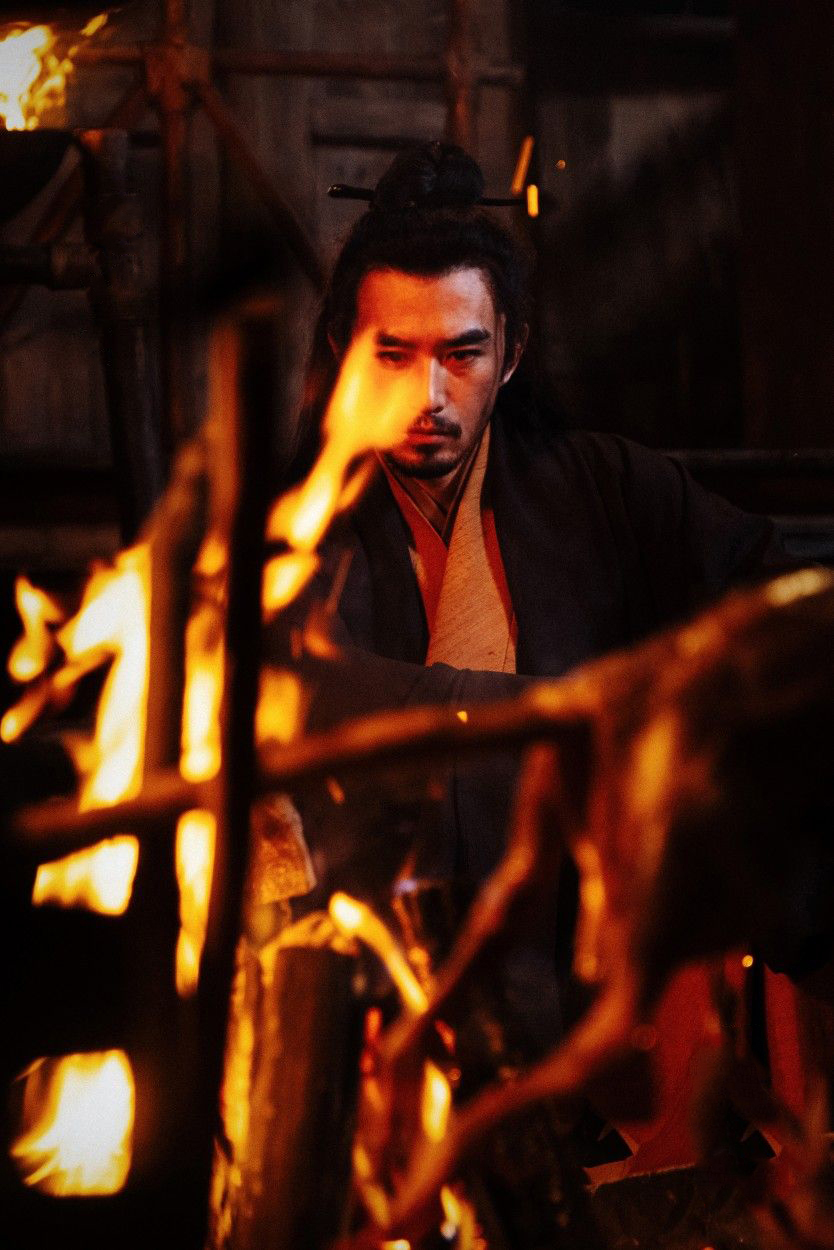
%20(1).jpg)

.jpg)
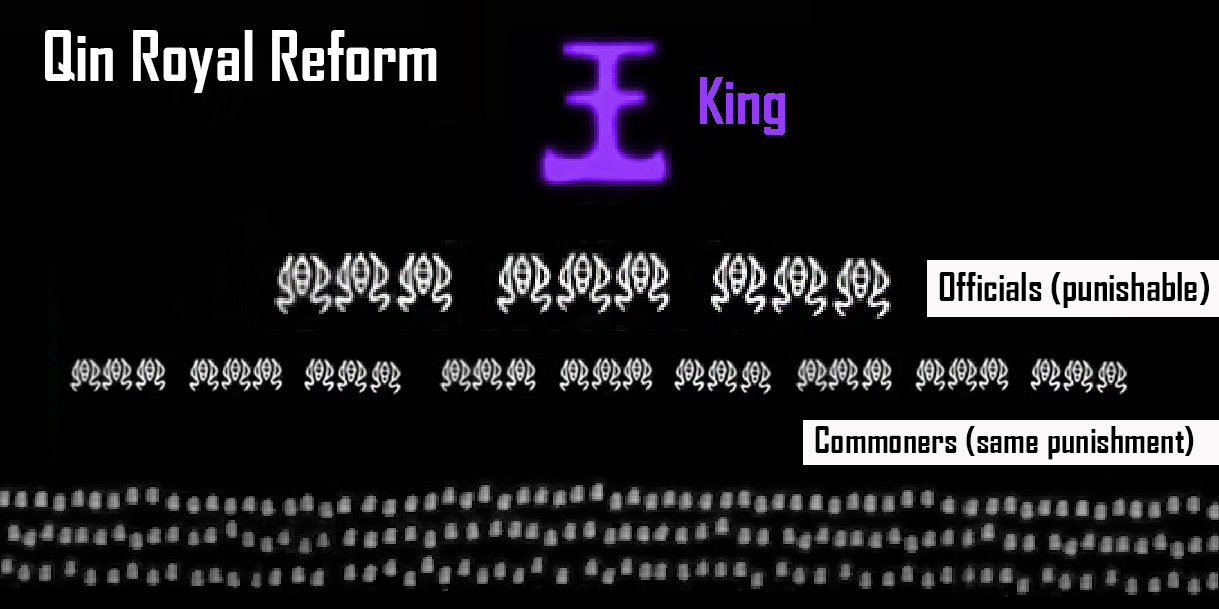
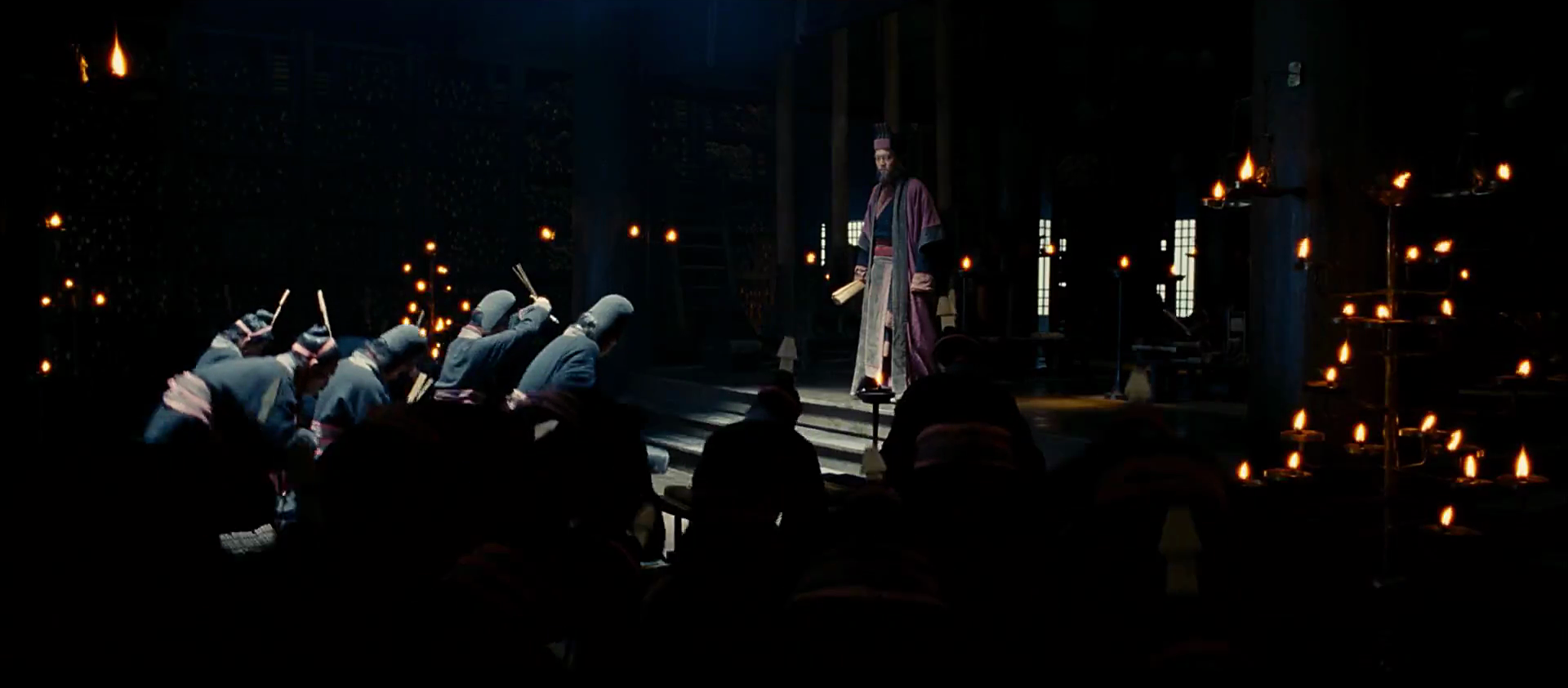
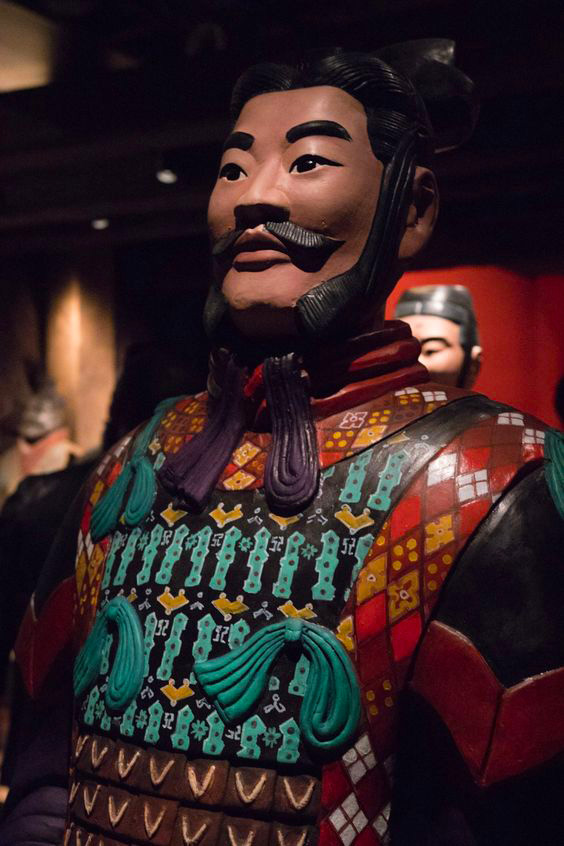

.jpg)


.jpg)
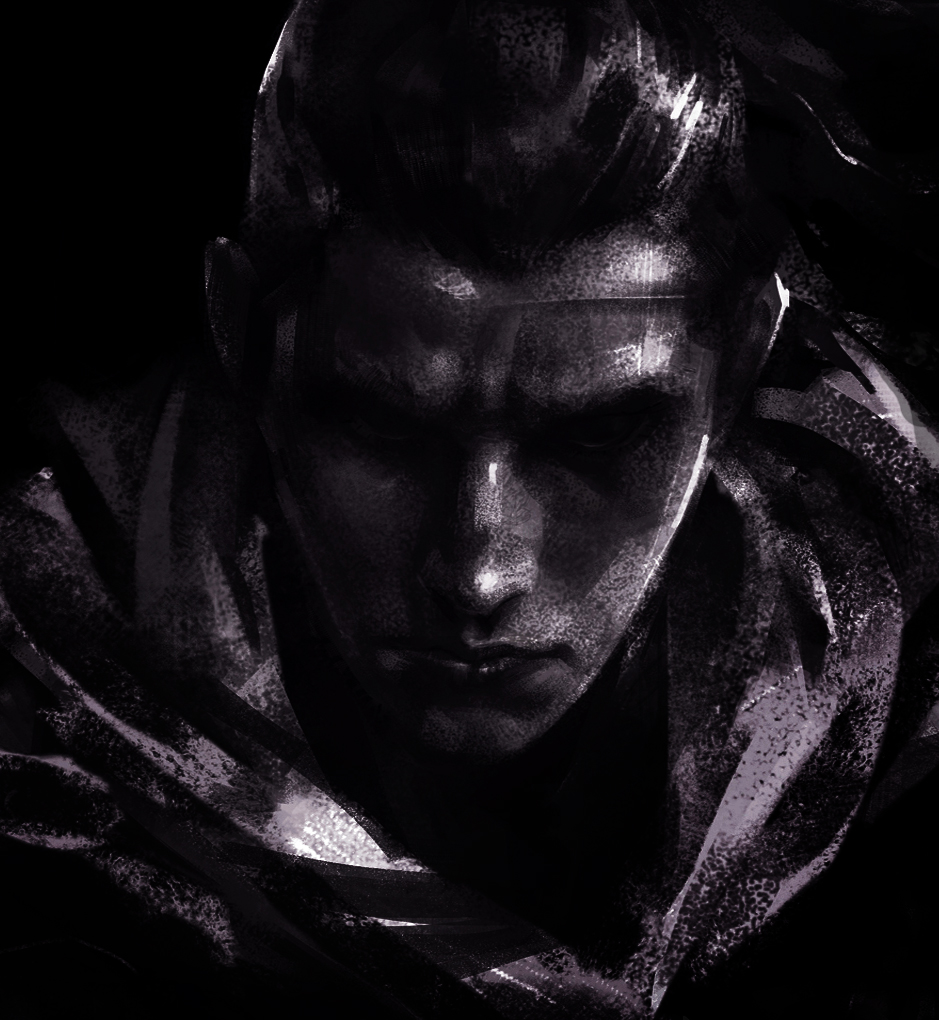
-.jpg)



.jpg)


%20(1).jpg)
.jpg)
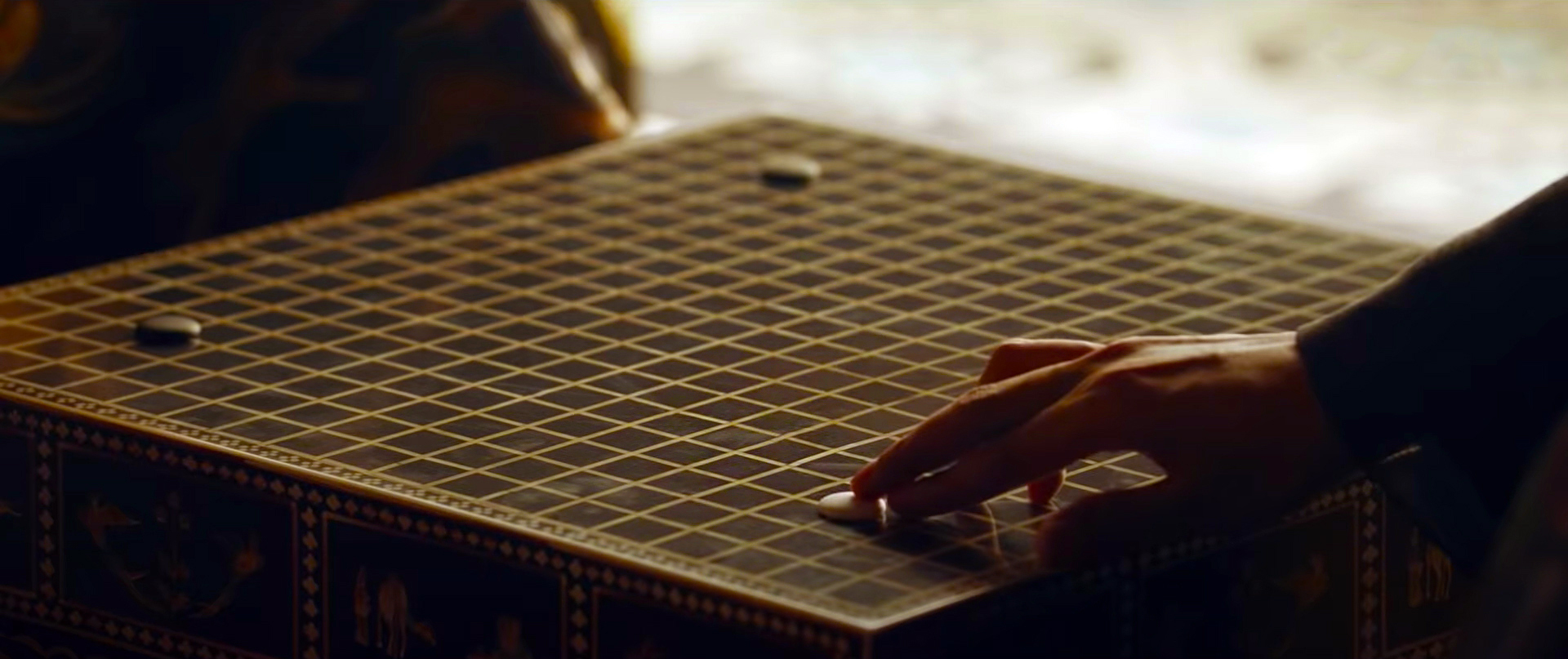



%20(1).jpg)





Comments
I have always been fascinated by the "Order of Merit System" instituted by Lord Shang. As far as I can tell, it's unique to ancient China ... the Persians, Romans, Greeks and Jews never had such a system did they? It answers many questions historians have, it explains Chinese warfare and its impetus. But how did it work? What are the details?
1. Why 18 Ranks, where did the names and designations of each rank come from? And why did the Han expand it to 20 ranks?
2. Did Shang Yang totally invent the Order of Merit system or were the precursor systems in Wei and did the other States adopt the system?
3. The Order of Merit system explains much, namely "why made ancient Chinese soldiers fight??" ... not because of religion like the Crusaders, Jihadis and Viking warriors seeking Valhalla right? Not because of Nationalism which motivated 19th/20th century Nation States of Europe during the world wars right? The people of Qin and people of Zhao didn't hate each other did they? at least not enough to go to war, besides the royal family of Qin and Zhao were of the Ying Clan anyways. Ancient Qin soldiers fought for Rank in Qin society, holding rank gave you immunity from prosecution and other material rewards.
4. How was the Order of Merit system administered? How did you know who had Ranks and who didn't? Did they wear medals or special clothing?
That's it for now, I have so many questions.